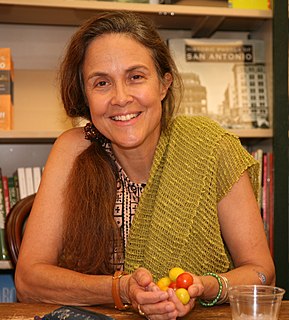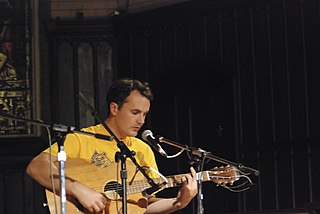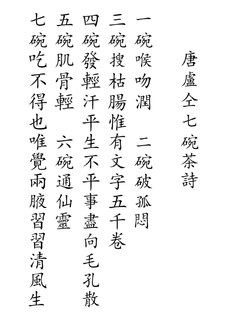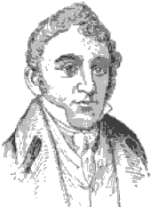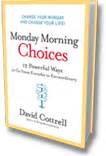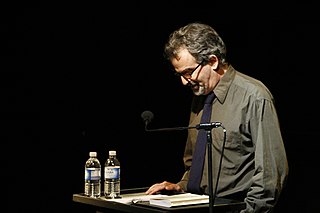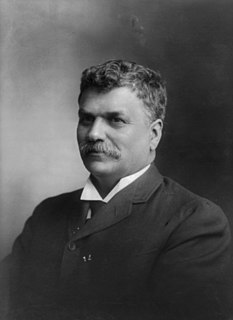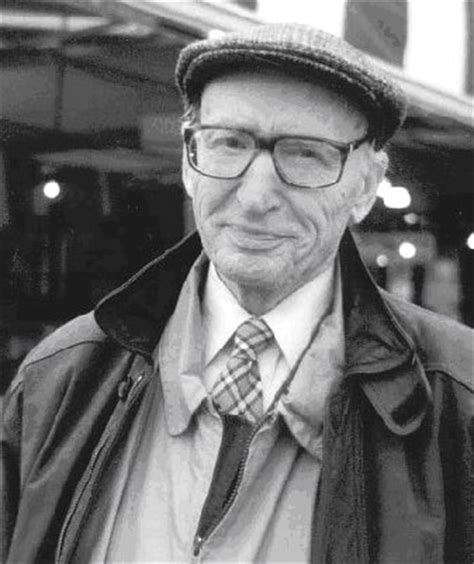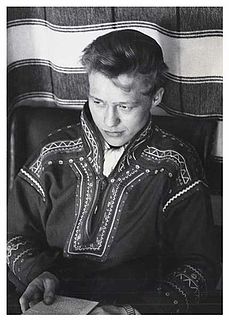A Quote by Naomi Shihab Nye
A poem is a cup of words open to the sky and wind in a bucket.
Related Quotes
The first cup moistens my lips and throat; The second cup breaks my loneliness; The third cup searches my barren entrail but to find therein some thousand volumes of odd ideographs; The fourth cup raises a slight perspiration-all the wrongs of life pass out through my pores; At the fifth cup I am purified; The sixth cup calls me to the realms of the immortals. The seventh cup-ah, but I could take no more! I only feel the breath of the cool wind that raises in my sleeves. Where is Elysium? Let me ride on this sweet breeze and waft away thither.
In a poem, the words happen; they just come. I let them. Otherwise, I wouldn't write. To interfere with what is happening is to distort the poem. Just a very small degree of intelligence and supervision is necessary. Very tactful. Any revision later that violates the text as it came, that begins rewriting the words, is fake.
The religion of the short poem, in every age and in every literature, has a single commandment: Less is always more. The short poem rejects preamble and summary. It's about all and everything, the metaphysics of a few words surrounded by much silence. …The short poem is a match flaring up in a dark universe.
